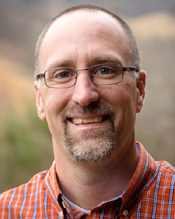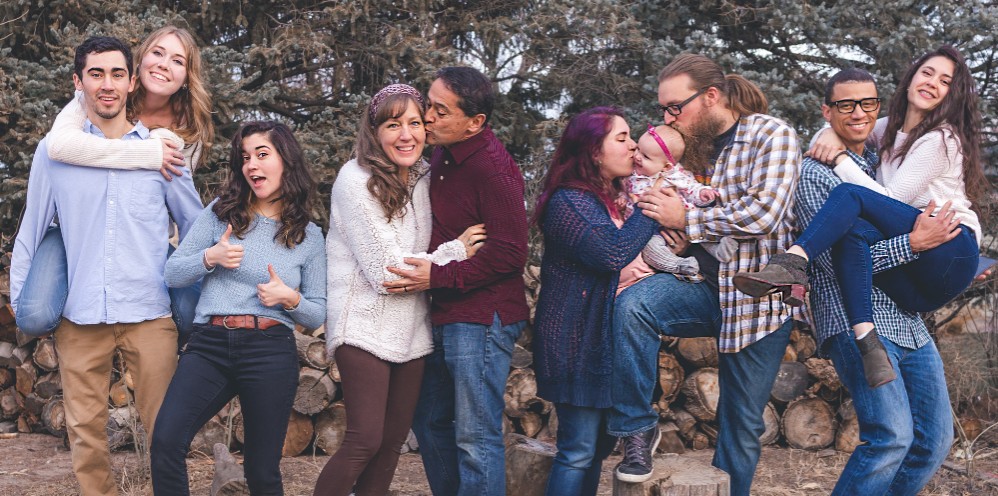Most of us have run off the side of the road before. And most of us know that one of the most important things to avoid in that situation is to overcorrect. If you overcorrect, you will get out of one ditch and find yourself in the ditch across the road.
There is usually a ditch on both sides of an issue. With the issue of parental responsibility in training our children, most of us have already escaped the ditch of abdication. We have not given to anyone else our responsibility to raise and educate our children.
But what is the ditch across the road from abdication? I would like to suggest that the ditch on the other side is isolationism. We don’t want to correct ourselves from “I can’t educate and train my children well,” into the converse mistake of “I don’t need anyone to help me educate and train my children.”
I want to state clearly two important principles relating to this subject:
- You are able to raise and educate your children.
- You can’t do it alone.
In fact, the second principle is one of the most important reasons the first principle is true! Fortunately,many homeschool families have not made the mistake of isolationism and are desperately looking for support, cooperation, and community. (In fact, some homeschool parents have jumped so far into cooping that they are in danger of abdicating again. But that is a subject for another day.)
This issue of the GREENHOUSE is focused on the importance of community in home education, so I want to focus on this second principle for a moment. I want to encourage those of us who are not effectively engaged in community to remove any attitudes that might be preventing us from doing so and help us get connected.
God has designed us to live in community. This begins with the family. But it doesn’t end there. Community extends to our churches, neighbors, towns, and larger bodies of like-minded people who ban together for particular causes. Since this is how God created us, we must be careful not to act in independent isolationism.
The apostle Paul uses the analogy of the human body to help us understand how the church is an interdependent unity. “For the body does not consist of one member but of many… The eye cannot say to the hand, ‘I have no need of you,’ nor again the head to the feet, ‘I have no need of you.’” (1 Cor. 12:14, 21) We also learn this principle from the wisdom of Proverbs: “Whoever isolates himself seeks his own desire; he breaks out against all sound judgment.” (Prov. 18:1)
We may struggle with certain perspectives that will keep us away from community: fear, insecurity, pride, selfishness, and laziness are at the top of the list. Let’s humble ourselves and admit to one another, “I need you. I need your perspective, your gifting, your resources, your service, your friendship, your time, your encouragement, the wisdom of your experience, your expertise.”
What can you do to get into community? Here are six ways to get started.
- If you are a Christian, join a local church and be an active member.
- Join a local homeschool group and take advantage of its relationships and resources. Go to this webpage to find homeschool groups in your area: nche.com/community/regions. If you are already part of a group, please visit your regional page to check and see if we have your group listed. If it is not listed, please contact Kathy Iandoli (kathy.iandoli@nche.com) and share the information with her.
- Find and work with families near you as you train and educate your children.
- Find a mentor.
- Be a mentor. (To learn more about mentoring, see my article in the Spring issue of the GREENHOUSE.)
- Join North Carolinians for Home Education (NCHE) at nche.com/join-contribute. Since you are reading this article, you may already be a member. In either case, let me encourage to do a couple of things:
- Make sure you are a member.
- Encourage others to join NCHE.

Matthew is the executive director for North Carolinians for Home Education and continues to serve as president of the board. Through his ministry, Truth to Freedom (truthtofreedom.org), he teaches and writes about discipleship, marriage, family, parenting, home education, and church. Matthew holds a bachelor’s degree in communication along with two master’s degrees and a doctorate in biblical studies.



